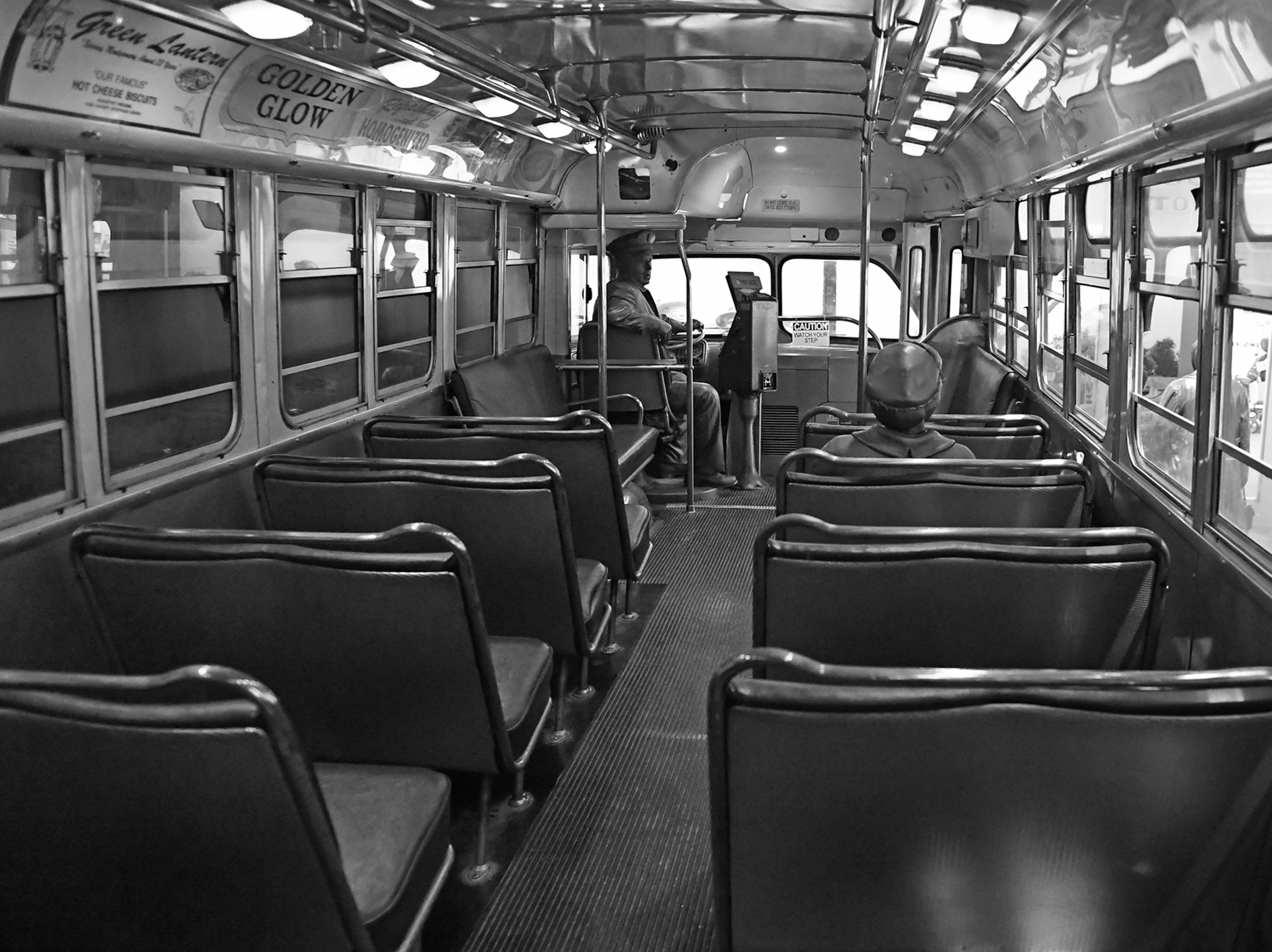This is a legitimate question because Martin Luther King knew how to bring about change better than almost anybody else. And, he did it the American way.
Probably, most Americans will agree that if Dr. King were with us today he would be a leader in fighting the climate emergency as it threatens everybody and everything he fought for.
In his speech “The Other America” (1968) Dr. King said, “And what is it America has failed to hear?…It has failed to hear that the promises of freedom and justice have not been met…”
The same is true for climate change. For decades, most of our leaders and big corporations failed to acknowledge that CO2 emissions are destroying the planet; and, many of them grew rich ignoring this fact. While millions of people started reducing, reusing, and recycling stuff, buying energy efficient windows and solar panels, and planted trees, and local government officials stepped up in response to the crisis, big governments’ and big corporations’ efforts are nowhere near what would be required to reign in the climate emergency.
Maybe, the climate emergency only grew that enormous because of the absence of a leader like Dr. King?
Still, I do not believe that Dr. King would ask Americans to march for climate change in 2020. Since the protests of the sixties, American organizations have “learned to deal with protests.” They resort to making abstract statements like “We are working on it” and “The research isn’t finalized,” which equates to postponing any real action as long as possible.
Meanwhile, in 2019 alone, there have been ten climate disaster events with losses exceeding $1 billion each across the United States, which doesn’t cover the loss of life and the hardships of individuals whose possessions and communities went up in flames or drowned in floods.
That’s why I believe that Dr. King would have resorted to a much stronger action plan, like the one he employed in Montgomery, Alabama, where, in and before 1955, black residents experienced harassment and unequal treatment from the Montgomery Bus Company.
Dr. King’s proven concept
As a first step, the Montgomery Improvement Association under Dr. King’s leadership presented their formal list of demands to the city commissioners and bus company officials, asking for courteous treatment by bus operators and first-come, first-served seating for all, black and white.
That action step has already happened with regards to the climate emergency – hundreds of times. For decades, environmental organizations have presented ideas and demands.
When, in 1955, Dr. King’s talks failed, he simply called for boycotting the Montgomery Bus Company’s services, and the black community followed his call. Because black bus riders constituted about seventy-five percent of the bus system’s customers, the transportation service lost an estimated $3,000 per day, for 381 days. (At the time, the average cost of a new house was $3,000 to $5,000.)
Depriving the Montgomery Bus Company of this kind of money helped to bring about victory for the protesters.
Just like the black bus riders’ problem, the climate emergency isn’t a new problem
It is obvious why teenage climate activist Greta Thunberg and millions of school-aged children are angry about the climate emergency. Not only did they not create the problem, courtesy of the Internet, the children know that our environmental problems are neither new nor unexpected. NASA scientist James Hansen told a congressional hearing that the planet was “already warming” – in 1988, long before today’s young activists were born.
Most of them were elementary students, kindergartners, or preschoolers when Al Gore’s movie “An Inconvenient Truth” tried to educate people about global warming and ways to correct the problems – in 2006.
Still, even thirteen years later, the United Nations Climate Change Conference 2019, also known as COP25, failed. UN secretary-general António Guterres stated that “the international community lost an important opportunity to show increased ambition on mitigation, adaptation & finance to tackle the climate crisis” which makes it crystal-clear that for our voices to be heard and really understood a different kind of protest is required, one that just like the Montgomery Bus Boycott “attacks the wallets” of the organizations who profit from not dealing with the climate emergency in competent ways.
Martin Luther King showed us the way
A peaceful No-Idling Protest can be carried out much easier than the Montgomery Bus Boycott because not a single American would have to change their way of living; nobody would have to bicycle to work or take the bus and no child who always gets picked up from school would have to ride the school bus. Protesters would not reduce or stop driving their cars but only stop idling.
Still, as laid out in my blog, “A kind of nonviolent protest that might actually help saving planet Earth,” if approximately fifty million Americans would not idle their cars at drive-throughs and next to schools on Earth Day 2020, they would save 2.1 million gallons of fuel and deprive the fossil fuel industry of more than $6.2 million in earnings – on only one day.
If Americans would keep up the boycott as long as Montgomery, Alabama’s black population kept up theirs, it would cost the fossil fuel industry more than $2.3 billion.
Disruption leads to change
It is reasonable to assume that it would not take 381 days until American corporations and the American government would dramatically step up their efforts to fight the world’s climate crisis. Nobody likes to lose money, even if they can afford it.
So – are you in?
The task is easy. Avoid idling your car on Earth Day 2020 and get your family and friends to do the same. Then, watch TV and social media platforms to see how we made the news!
Dr. Martin Luther King Jr. would be proud of us.
*
Visit our Facebook page: Earthday = No-Idling Day – Home


